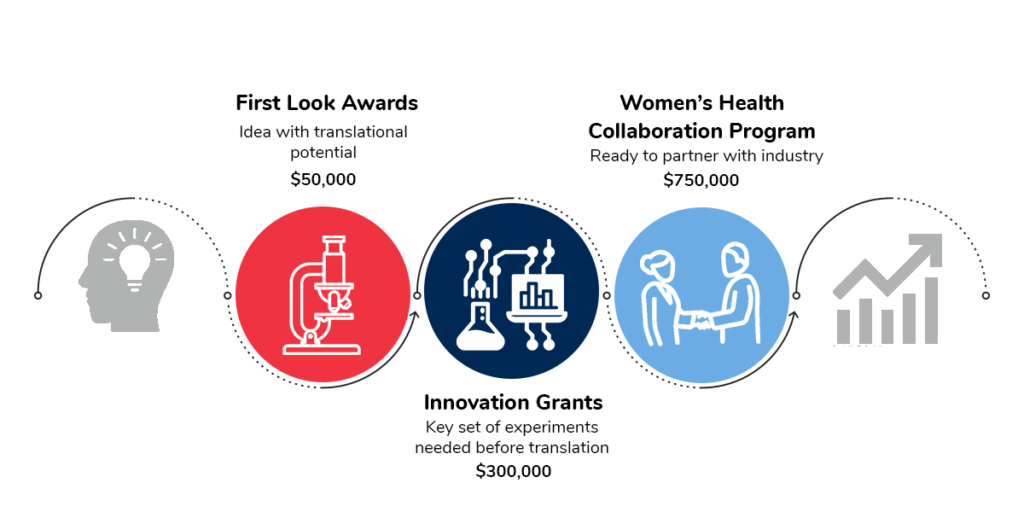From high blood pressure, to depression, to autoimmune conditions, women are suffering at higher rates from many illnesses and diseases. Furthermore, exclusion of women from clinical trials and a lack of organized capital [1,2] have hampered our understanding of any sex-based variation in diseases that present across genders. This has resulted in a general underrepresentation and lack of focus on women’s health. Not understanding and studying these nuances impacts not only patients, but also employers and the healthcare system.
Women are 50-75 percent more likely than men to have an adverse drug reaction across all therapeutic indications [3]. As a result, more than 80 percent of drugs that have been pulled from the market over safety concerns are due to adverse effects specifically in women. While some progress has been made, from increased female participation in clinical trials to women’s health in general being better defined, more work remains [4].
The MLSC aims to support and incentivize translational project teams developing novel solutions in this area of need. The Center’s Women’s Health Initiative strives to turn the tide against the severe lack of organized capital and incentives around a coordinated Women’s Health approach. With continued strategic investment in this area, Massachusetts is poised to become the leader in the Women’s Health space.
The current programs offered through the Initiative focus on increasing the number of translatable opportunities in women’s health at Massachusetts research institutions. Every program will support research that furthers our understanding of sex and gender differences especially for diseases or conditions that affect women solely, disproportionately, or differently.
- The First Look Awards supports early translational research performed by faculty and at a Massachusetts not-for-profit research institution and connects early stage researchers with a network of advisors and colleagues through the Connor’s Center for Women’s Health at Brigham and Women’s Hospital.
- The Women’s Health Innovation Grants target innovations that have translational potential and preliminary supporting data, but still require a key set of proof of concept experiments prior to attracting a commercial partner or spinning out into a new company.
- The Women’s Health Collaboration Program supports collaborative projects that aim to improve the discovery, technical innovation, and/or analysis of datasets to answer pressing life science questions around women’s health.

[1] Estimates of Funding for Various Research, Condition, and Disease Categories. NIH RePORT. 2022. https://report.nih.gov/funding/categorical-spending#/
[2] Mirin, A. Gender Disparity in the Funding of Diseases by the U.S. National Institutes of Health. Journal of Women’s Health 2021 30:7, 956-963
[3] Tharpe, N. Adverse drug reactions in women’s health care. J Midwifery Womens Health. 2011 56(3):205-13. PMID: 21535369.
[4] Vasquez-Avila, K. Addressing the critical role of gender identity and sex in the planning, analysis, and conduct of clinical trials. Princ Pract Clin Res. 2021;7(2):59-62. PMID: 34532571.